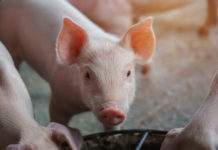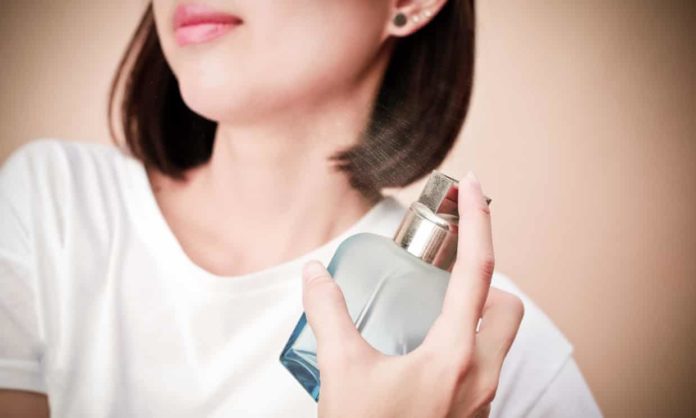The world is, we seem to be warned by so many articles, full of chemicals that may give us cancer, nerve damage and maybe worse. Now perfume is feared as potential poison.
And so comes the idea of “clean perfume” – much like clean eating, or clean beauty, certain ingredients are left out because it is purported they are bad for us. The actress Michelle Pfeiffer is leading the charge, launching a perfume line called Henry Rose that, she claims, will be free of “toxic” substances.
There is no doubt that perfume tends to smell more frightening than it once did, because there is a catch-22 at work. Most regulations focus on potential skin reactions, so manufacturers seek new materials that smell powerful at low doses, to reduce exposure. Yet these substances often smell alarmingly strong. The industry’s efforts to assuage public fear have ended up amplifying it.
No perfume can honestly claim to contain zero chemicals. It’s all chemicals. Roses are virtual little factories, synthesising more than 300 terrifying-sounding hydrocarbons. Obviously, not everything natural is good for you. (The hemlock cocktail that Socrates was prescribed as a death sentence contained no artificial flavours.) And not everything synthetic is bad.
Current worries revolve around substances that mimic hormones. Pfeiffer’s range promises no phthalates, a class of chemicals used as plasticisers. Are they dangerous, and are they in perfume? Some studies seem to show specific phthalates to be potentially carcinogenic or endocrine-disrupting, while others have concluded the risks are negligible. In the EU, most phthalates are either already banned or on their way to being so. In the US, phthalates are banned from children’s toys but not from cosmetics. The Food and Drug Administration reasons that they are not that dangerous, and hardly any phthalates have been found in cosmetics, less every year.
If it is true these chemical bogeymen are hardly used, then phthalate-free fragrance has some of the silliness of gluten-free ham: products that brag about the ordinary. Still, the one excellent idea in the clean cosmetics movement is complete-ingredient listing. The fragrance industry has long resisted this, but mystery breeds paranoia. It is terrified, of course, that you’ll find out your “jasmine” perfume has never harmed a bloom. So be it. Let’s have a little honesty. It’s the best way to come clean.































